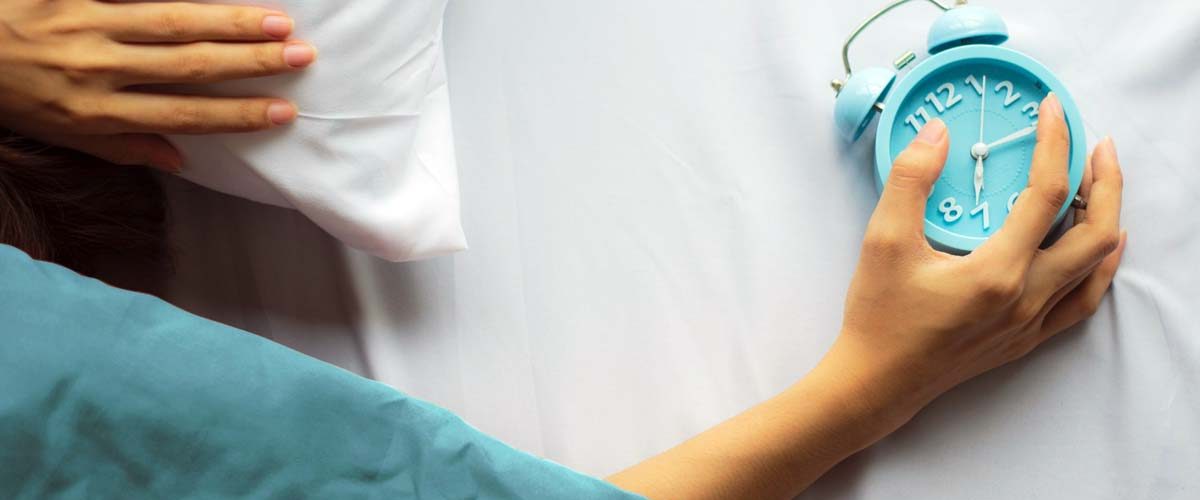No one can deny that optimal sleep is needed for health and wellness. But the hectic lifestyle has made it difficult for many to sleep to one’s desire. This can affect health, mind, and body in many ways. Sleeping has been stressed many times but can too much sleep be bad for you?
When this question was put in front of experts in sleep research and neurobiology, here is what they said.
While answering about the relationship between sleep time and different medical outcomes, Dr. Jo Caldwell an expert from U.S. Naval Medical Research Unit in Neurophysiology said that optimal sleep is about 7 solid hours, any addition or subtraction in the number of hours can have an additive health risk like diabetes, heart disease, obesity, while oversleeping in addition to low physical activity can be correlated with increased mortality. There isn’t any experimental data present to link oversleeping with mortality and all the studies are only observational.

On the contrary, Dr. Monika Haack believed that extending habitual sleep duration can have a beneficial effect on bodily systems like a decrease in blood pressure, a decrease in pain sensitivity, and an increase in insulin sensitivity.
To understand if there is any link between oversleeping and poor health, Dr. Jamie Zeitzer, a sleep expert from Stanford University said the reason behind the bad outcomes for long sleepers isn’t clear, but one assumption is those who sleep for a long time must have something medically wrong that induces long sleep (sleep is great for fixing things).
Dr. William Killgore of Arizona University also believed that long sleep could be a disease state that leads to excess sleep, it won’t be the other way around. But prospective experiments are needed to prove it.
Dr. James Ware tried to calm people by saying that “it is not possible for a healthy person to ‘overdose’ on sleep, and instead lie awake in bed or get up.” Dr. Vivien Abad believed that the required sleep duration for normal function varies from person to person. The recommended duration of 7-8 hours of sleep is so because the primary message is to get enough sleep to perform optimally and remain alert during the day especially after meals (which is an indicator of the adequacy of hours of sleep).
Dr. Killgore warned that if you need a lot of more than 7 hours of sleep to function effectively, or if your amount of required sleep has increased significantly, it’s time to see the doctor. Because sleep itself isn’t hurting you, but it might be signaling that there is something wrong.
To conclude, sleeping for long isn’t bad for health. But the need for sleep greater than what you normally need might indicate that you need to talk to a doctor.
Keywords:
oversleeping, sleeping, sleep duration, sleep pattern, health risks
















Two to three hrs sleep in day time and 6hrs sleep in in night is good or bad.
Any suggestion.